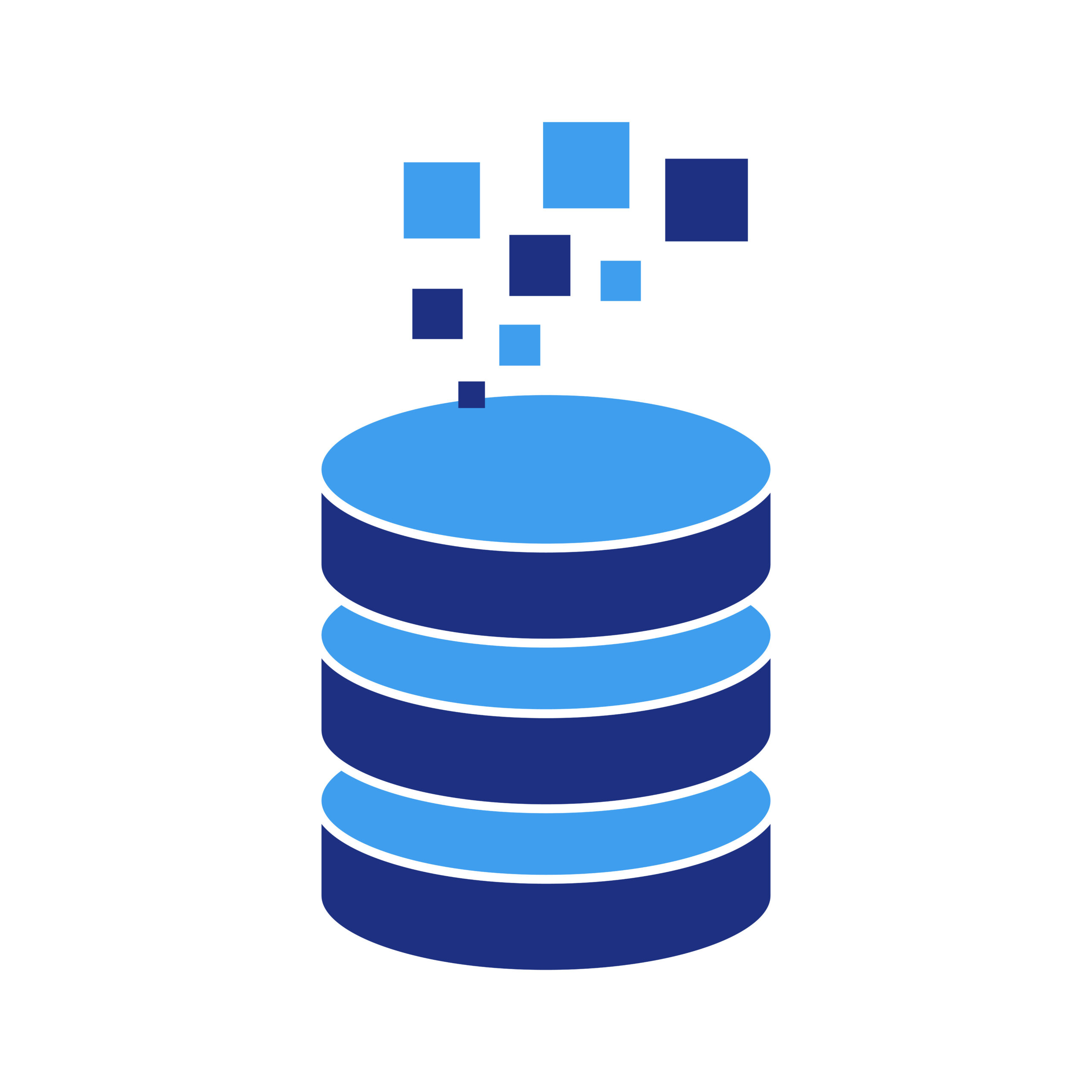Oracle has unveiled GraalOS, a high-performance serverless Java-based application deployment technology designed to enhance application responsiveness and reduce operational costs for developers.
GraalOS utilizes GraalVM Native Image technology to compile Java code into a standalone executable, harnessing the power of x64 and AArch 64 processors on Oracle Cloud Infrastructure (OCI). Applications powered by GraalOS are expected to have significantly reduced memory requirements due to Native Image’s ahead-of-time compilation, resulting in cost savings during operation, according to Oracle.
One notable feature of GraalOS is its ability to automatically suspend and resume applications upon invocation, without incurring idle costs. This also eliminates cold start costs, ensuring efficient resource utilization. Initially, GraalOS will be employed to provide functions benefiting OCI Functions users, with a full application deployment platform planned for 2024.
GraalOS runs native Linux executables directly, leveraging advancements in hardware-enforced application isolation. This approach eliminates the need to package applications into containers, simplifying security considerations and ensuring up-to-date security patches. GraalOS supports both stateful and stateless microservices and functions.
In a related development, Oracle has announced the availability of Oracle GraalVM for JDK (Java Development Kit) 21, which supports Java 21 features, including virtual threads and enhancements in Native Image performance. JDK 21 was released on September 19, and GraalVM serves as a high-performance JDK aimed at improving the performance of Java and JVM-based applications. It also simplifies the development of Java cloud-native services and provides support for polyglot applications, facilitating the exchange of data between different programming languages.
What is GraalOS
GraalOS is an innovative high-performance serverless application deployment technology rooted in Java. This cutting-edge platform leverages the power of Oracle GraalVM Native Image to execute your applications as native machine executables, harnessing the full potential of the latest x64 and AArch64 processor capabilities available on Oracle Cloud Infrastructure (OCI). GraalOS applications, often referred to as GraalOS applications, are engineered to be more cost-effective, aiming to reduce cloud operational expenses.
Key Features of GraalOS:
- Fast Start: GraalOS applications boast lightning-fast startup times, virtually eliminating the “cold start” delays often associated with container-based platforms. These applications, packaged as compact native Linux executables, launch within tens of milliseconds, ensuring rapid responsiveness.
- Reduced Memory: GraalOS applications are designed to be memory-efficient, thanks to GraalVM Native Image’s ahead-of-time (AOT) compilation. Lower memory consumption directly impacts operational costs, especially in cloud services where pricing models often consider memory usage.
- Run On Demand: GraalOS applications are automatically suspended and swiftly resumed upon invocation, without incurring idle costs. Unlike serverless platforms that terminate applications during inactivity, GraalOS applications are always ready to respond, eliminating cold start latency.
- Applications, not Containers: GraalOS runs applications as native Linux executables, capitalizing on advanced hardware-based application isolation techniques. This approach eliminates the need for containerization, simplifying security considerations and ensuring that applications are up-to-date with the latest security patches.
- Cloud Native: GraalOS is ideally suited for cloud-native applications, accommodating both stateful and stateless microservices and functions. It offers features like minimal cold start delays, seamless suspension and resumption, and zero idle costs, benefiting a wide range of cloud-native scenarios.
OCI Functions Powered by GraalOS:
GraalOS technology’s initial deployment is in OCI Functions, where it introduces a new “Graal Function” type. These functions exhibit significantly faster startup times and lower memory requirements compared to existing OCI functions. Importantly, they seamlessly integrate with OCI services such as Events, Connector Hub, Data Integration, API Gateway, and Notifications, thanks to built-in OCI Functions triggers.
The Road Ahead:
The future holds exciting prospects for GraalOS. Its debut application will provide substantial advantages to OCI Functions users. Oracle plans to expand its offerings with a full-fledged application deployment platform slated for release in the coming year. Keep an eye out for further developments in the world of GraalOS!





